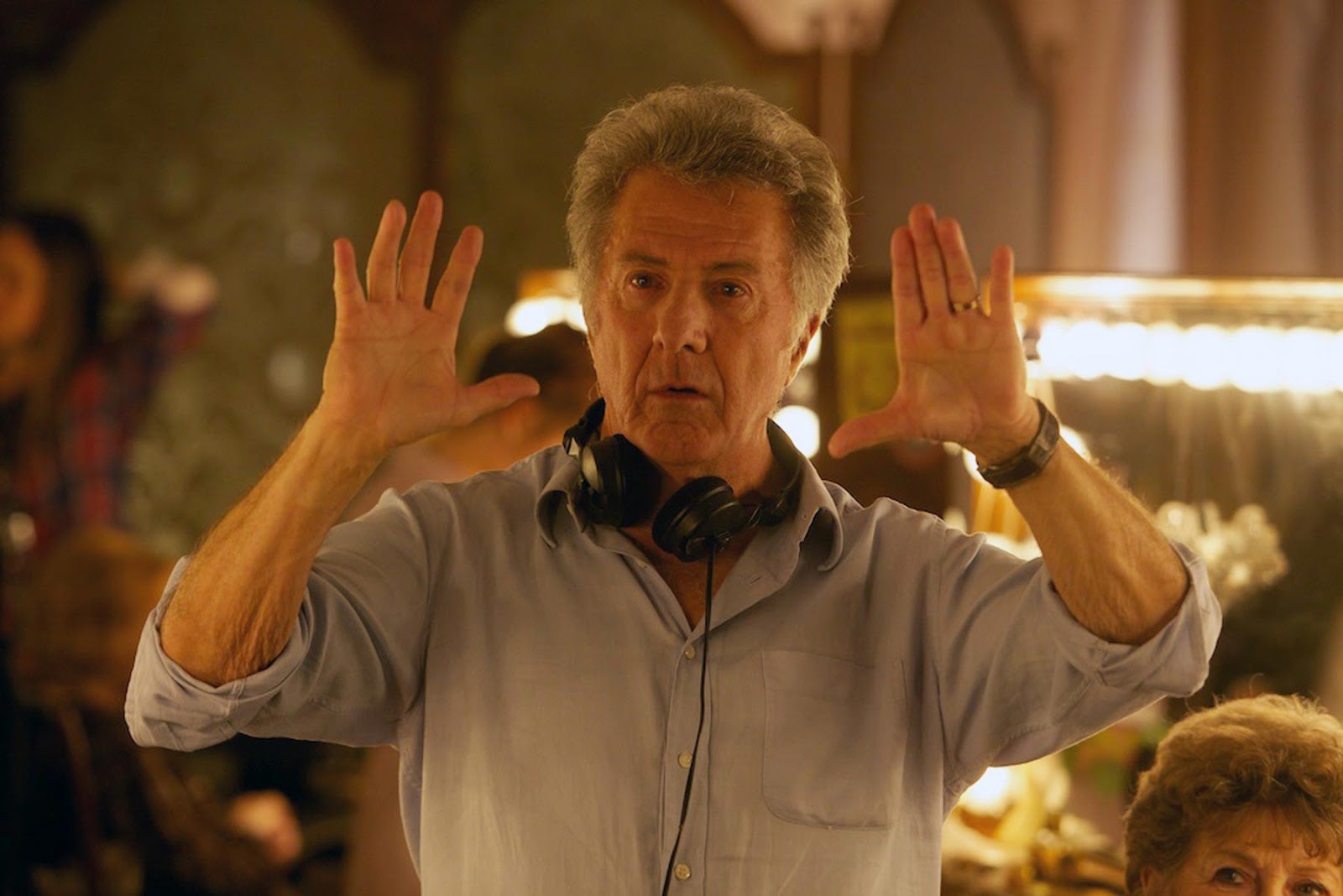Dustin Hoffman goes behind the camera for a cordial musical dramedy that hits the right notes, for the most part
Sort of a Full Monty meets Richard Loncraine's Wimbledon, Dustin Hoffman's Quartet is about as polarizing as its director's characters tend to be. It's amiable, yet safe; it's smooth, yet conventional; it's charming, yet a little calculated. Those who see the Ben Braddock's and Raymond Babbitt's of this filmic world as a superficial and irritating series of tics will find little to be impressed by here; however, those won over by Hoffman's all too easy to take for granted brand of charm will find plenty to like. With the aid of a marvellous cast and an intelligent screenplay, Hoffman transfers the strengths of his screen persona into every one of the on screen characters, investing deceptively one-note individuals with plenty of life and warmth. It is, in terms of its upper class English nature, "a jolly good show", plain and simple.
Reg (Tom Courtenay), Cissy (Pauline Collins) and Wilf (Billy Connolly) are three of many talented, retired musicians residing at Beecham House retirement home. Reg likes teaching music theory to young people (his class on the difference between opera and rap is one of the film's highlights), Cissy, despite her good nature, is losing her marbles, and Wilf still fancies himself as a lothario even at this stage of his life. (Is it a coincidence, I wonder, that his surname is Bond?)
When the arrival of diva Jean Horton (Maggie Smith) arouses both tension and interest, it becomes a case of whether Jean and Reg, once romantically involved, can patch up their differences; and whether the four can reunite to reprise their quartet from Rigoletto at the institution's annual gala.
There are moments of minor darkness amidst the genial pluck and good humour amongst the Beecham House residents, but the pleasures of Quartet are largely of the what you see is what you get variety. As lively as the quartet (there's that word, yet again) of lead actors are, they're not really stretching their range; hence the casting of Billy Connolly is both a Godsend and a slight detriment to the proceedings. Without him, you'd have too solemn a picture; with him, it’s like he's regurgitating his stand-up routines in a professional surrounding. Still, he and the rest of the cast, including a typically curmudgeonly Michael Gambon, remain fun to watch (how could they not?) and there's an especially lovely turn from Sheridan Smith as the doctor in charge of the house. She's come a long way since her Two Pints... days.
It's only unfortunate that the shrewd characterisation and leisurely tone give way to a more uncertain, more conventional final act, but at least Hoffman ends things in an amusingly ambiguous manner. All in all: it's not bad. Not bad at all. And one final note: It's definitely worth your while to stay through the credits, and not just if you love classical music.
















0 comments:
Post a Comment